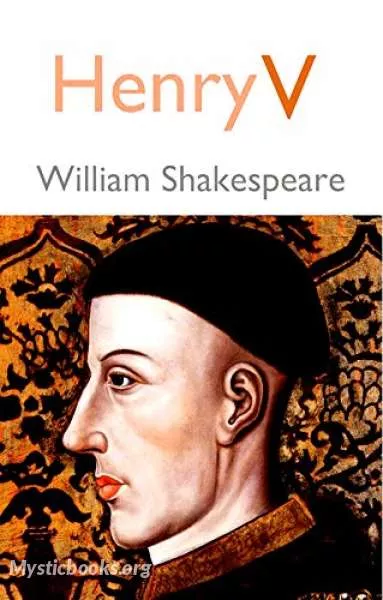
Henry V
'Henry V' Summary
The Elizabethan stage lacked scenery. It begins with a Prologue, in which the Chorus (a lone speaker addressing the audience) apologizes for the limitations of the theatre, wishing for "a Muse of fire", with real princes and a kingdom for a stage, to do justice to King Henry's story. Then, says the Chorus, King Henry would "[a]ssume the port [bearing] of Mars". The Chorus encourages the audience to use their "imaginary forces" to overcome the limitations of the stage: "Piece out our imperfections with your thoughts ... turning the accomplishment of many years / Into an hour-glass".
Shakespeare's plays are in five acts. In Henry V, the first act deals largely with the king and his decision to invade France, persuaded that through ancestry, he is the rightful heir to the French throne. The French Dauphin, son of King Charles VI, answers Henry's claims with a condescending and insulting gift of tennis balls, "as matching to his youth and vanity."
The Chorus reappears at the beginning of each act to advance the story. At the beginning of Act II, he describes the country's dedication to the war effort: "Now all the youth of England are on fire... They sell the pasture now to buy the horse, / Following the mirror of all Christian kings ...." Act II includes a plot by the Earl of Cambridge and two comrades to assassinate Henry at Southampton. Henry's clever uncovering of the plot and his ruthless treatment of the conspirators show that he has changed from the earlier plays in which he appeared.
In Act III Henry and his troops siege the French port of Harfleur after crossing the English Channel. The Chorus appears again: "Grapple your minds to sternage of this navy/And leave your England, as dead midnight still". The French king, says the Chorus, "doth offer him / Catharine his daughter, and with her, to dowry, / Some petty and unprofitable dukedoms." Henry is not satisfied.
At the siege of Harfleur, the English are beaten back at first, but Henry urges them on with one of Shakespeare's best-known speeches. "Once more unto the breach, dear friends, once more; / Or close the wall up with our English dead...." After a bloody siege, the English take Harfleur, but Henry's forces are so depleted that he decides not to go on to Paris. Instead, he decides to move up the coast to Calais. The French assemble a powerful army and pursue him.
They surround him near the small town of Agincourt, and in Act IV, the night before the battle, knowing he is outnumbered, Henry wanders around the English camp in disguise, trying to comfort his soldiers and determine what they really think of him. He agonizes about the moral burden of being king, asking God to "steel my soldiers' hearts". Daylight comes, and Henry rallies his nobles with the famous St Crispin's Day Speech (Act IV Scene iii 18–67): "We few, we happy few, we band of brothers". The French herald Montjoy returns to ask if Henry will surrender and avoid certain defeat, and ransom his men's survival; Henry bids him "bear my former answer back," saying the French will get no ransom from him "but these my joints."
Shakespeare does not describe the battle in the play. Though the French in one scene complain that 'Tout est perdu', the outcome is not clear to Henry, until the French Herald Montjoy tells him the 'day is yours'. The battle turns out to be a lop-sided victory: the French suffered 10,000 casualties; the English, fewer than 30. "O God, thy arm was here," says Henry.
Act V comes several years later, as the English and French negotiate the Treaty of Troyes, and Henry tries to woo the French princess, Catherine of Valois. Neither speaks the other's language well, but the humour of their mistakes actually helps achieve his aim. The scene ends with the French king adopting Henry as heir to the French throne, and the prayer of the French queen "that English may as French, French Englishmen, receive each other, God speak this Amen."
The play concludes with a final appearance of the Chorus who foreshadows the tumultuous reign of Henry's son Henry VI of England, "whose state so many had the managing, that they lost France, and made his England bleed, which oft our stage hath shown". Shakespeare had previously brought this tale to the stage in a trilogy of plays: Henry VI Part 1, Henry VI Part 2, and Henry VI Part 3.
As in many of Shakespeare's history and tragedy plays, a number of minor comic characters appear, contrasting with and sometimes commenting on the main plot. In this case, they are mostly common soldiers in Henry's army, and they include Pistol, Nym, and Bardolph from the Henry IV plays. The army also includes a Scot, an Irishman, and an Englishman, and Fluellen, a comically stereotyped Welsh soldier. The play also deals briefly with the death of Sir John Falstaff, Henry's estranged friend from the Henry IV plays, whom Henry had rejected at the end of Henry IV, Part 2.
Book Details
Authors
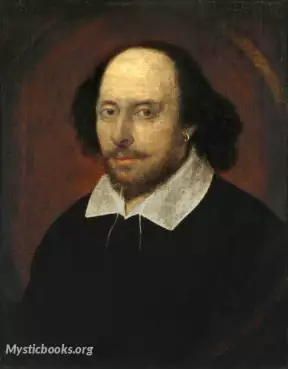
William Shakespeare
United Kingdom
William Shakespeare was born on April 23, 1564, in Stratford-upon-Avon. The son of John Shakespeare and Mary Arden, he was probably educated at the King Edward VI Grammar School in Stratford, where he...
Books by William ShakespeareDownload eBooks
Listen/Download Audiobook
- Select Speed
Related books
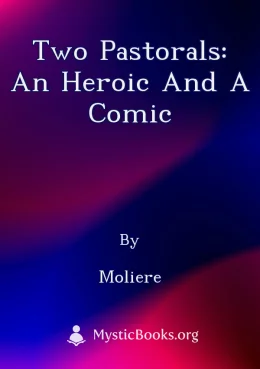
Two Pastorals: an Heroic and a Comic by Moliere
'Two Pastorals' by Moliere is a collection of two plays: 'Melicerte', an unfinished heroic pastoral, and 'A Comic Pastoral'. 'Melicerte' tells the sto...
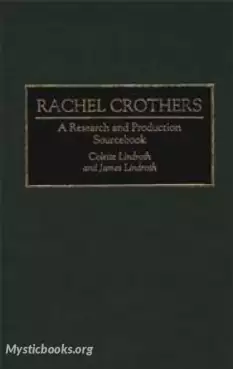
He and She by Rachel Crothers
He and She is a play written by Rachel Crothers in 1920, who wrote a majority of her plays during amidst the first wave of feminism. It specifically t...
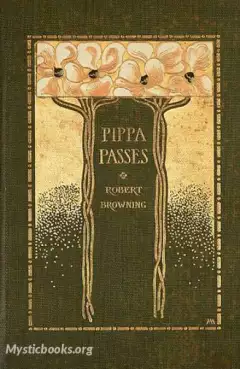
Pippa Passes by Robert Browning
Pippa Passes is a verse drama by Robert Browning. It was published in 1841 as the first volume of his Bells and Pomegranates series, in a low-priced t...
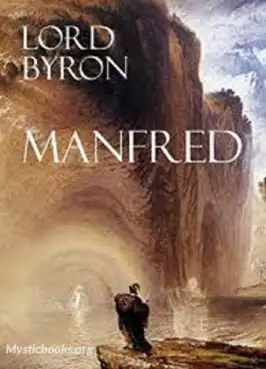
Manfred by George Gordon, Lord Byron
Manfred: A dramatic poem is a closet drama written in 1816–1817 by Lord Byron. It contains supernatural elements, in keeping with the popularity of th...
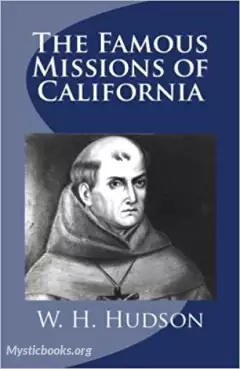
The Famous Missions of California by William Henry Hudson
A detailed account of the historical events that took place in California. Missions that were undertaken in different times have been described in det...

Ivanov by Anton Chekhov
Ivanov was first performed in 1887, when Fiodor Korsh, owner of the Korsh Theatre in Moscow, commissioned Chekhov to write a comedy. Chekhov, however,...
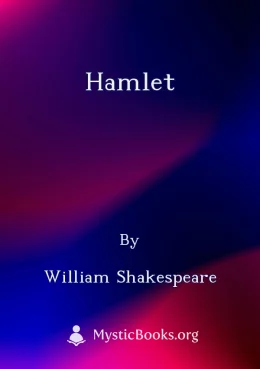
Hamlet by William Shakespeare
Hamlet is commonly regarded as one of the greatest plays ever written. Drawing on Danish chronicles and the Elizabethan vogue for revenge tragedy, Sha...

Pandora's Box by Frank Wedekind
Pandora's Box is a 1904 play by the German dramatist Frank Wedekind. It forms the second part of his pairing of 'Lulu' plays, the first being Earth Sp...

Mateus e Mateusa by José Joaquim de Campos Leão
“Mateus e Mateusa” por José Joaquim de Campos Leão é uma peça teatral que explora a dinâmica complexa de um casal idoso após 50 anos de casamento. Ma...

Modern Monologues by Marjorie Benton Cooke
Modern Monologues is a collection of 12 monologues by Marjorie Benton Cooke, a renowned monologist, playwright, and novelist. The monologues in this c...
Reviews for Henry V
No reviews posted or approved, yet...